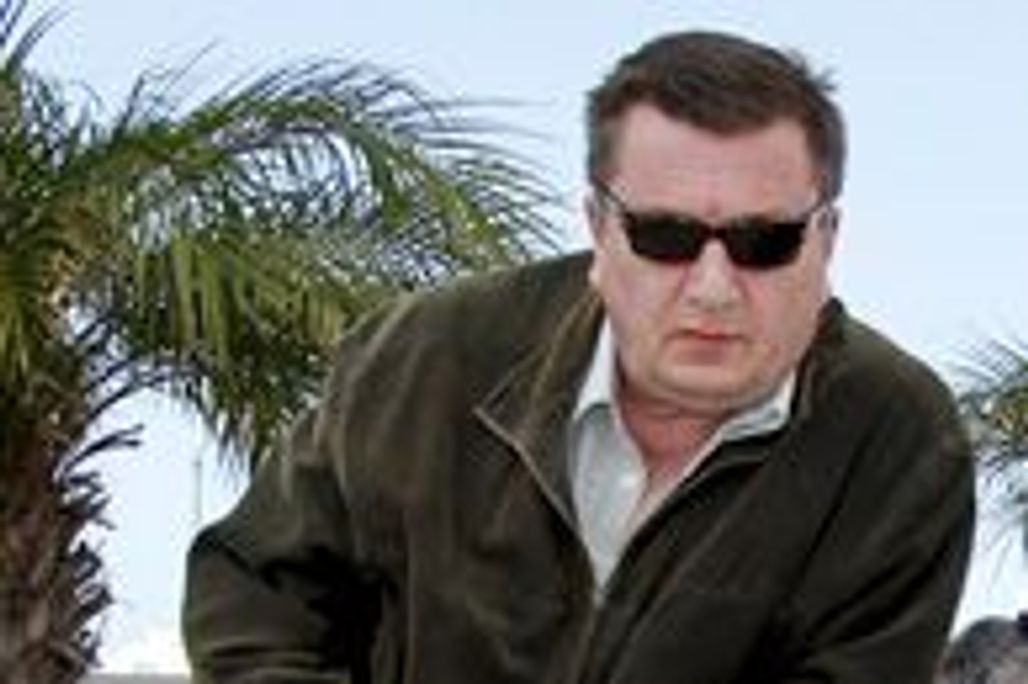
Aki Kaurismäki lands in Le Havre

Le Havre takes us straight into the Finnish cinematographer’s wild world, at once despairing and heart-warming. This is the second film Aki Kaurismäki has made in France; the first one was La Vie de Bohème. He won the Grand Prix for The Man Without a Past; this is his fourth film in competition for the Palme d’or.
When you go to see an Aki Kaurismäki film, you know you’re guaranteed a bit of fantasy. In Le Havre, we meet up again with Marcel Marx (André Wilms), the main character in La Vie de Bohème (1991). He has retreated into voluntary exile in the town of Le Havre, where he has definitively buried his dreams of becoming a writer. He lives a quiet life with his wife Arletty, going to the local bar and working as shoe shiner, until the day when a young African illegal immigrant comes into his life.
The issue of refugees was already present in La Vie de Bohème with the deportation of Rodolfo, the character of the Albanian painter. Behind the dark humour and just a touch of cynicism, Aki Kaurismäki is a deeply human film maker, and the idea of dignity always plays a role in his films.
The film maker has long wanted to tell the story of an African youth seeking asylum in Europe. He had previously thought of a port in Spain, Greece or Italy as the setting, but after looking the length of the Genoa coast and all the way to Holland, he finally found in Le Havre what he was searching for – “blues, soul and rock and roll”.
Just as in the cult classic Leningrad Cowboys Go America (1989), rock and roll is part of the adventure. “Le Havre is the French Memphis, and Little Bob is Elvis in this kingdom” says Aki Kaurismäki, whose work is also rich with references to cinema. His team of favourite actors includes Lean-Pierre Léaud, and in Le Havre he is joined by fellow French actor Pierre Etaix. Jean-Pierre Darroussin may be a newcomer to the group, but this is one of two films he plays a role in that is part of the Official Selection at Cannes, along with Les neiges du Kilimandjaro (The Snows of Kilimanjaro), directed by Robert Guédiguian.
The film is showing on Tuesday 17 May at 8.30 am, 1.30 pm and 10.30 pm at the Grand Théâtre Lumière.


